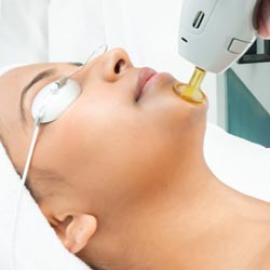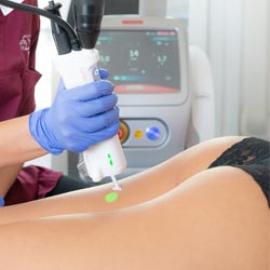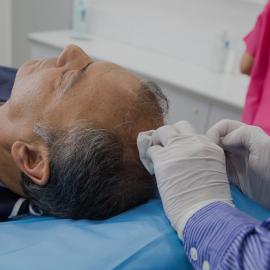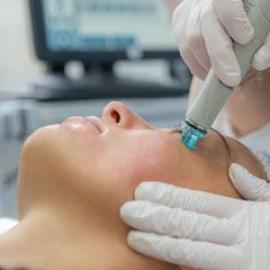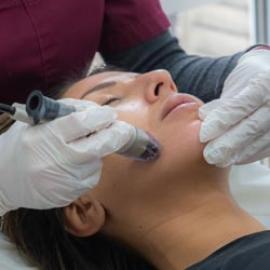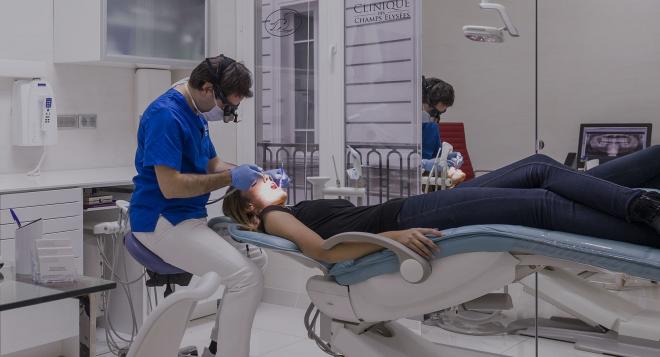
Having a full set of teeth helps make for a stable set. In addition to obvious aesthetic damage, partial or complete loss of teeth has long-term effects that can lead to complications. There are esthetic medicine treatments for women and men who want to regain a perfect smile.
Edentation: what is it?
Edentation is a medical term which refers to the absence of one or more teeth in adults.
While the loss of teeth in children means that milk teeth have to fall out in order for permanent teeth to grow, this relates to dental pathology in adults.
In order to better explain the disorder, dentists classify edentation in various categories:
- Class 1 tooth loss: refers to the lack of back teeth (molars, premolars)
- Class 2 tooth loss: refers to the lack of posterior teeth (incisors, canines) unilaterally (top and bottom)
- Class 3 tooth loss: refers to the lack of teeth because they are recessed on one side. Only the base of the tooth can be seen
- Class 4 tooth loss: refers to the absence of complete anterior or posterior teeth;
For many, tooth loss may lead to significant hang-ups. In addition, tooth loss can lead to problems when chewing or digesting food. In addition, edentation leads to problems in the strength of the jaw and maxillary physiology.
Edentation can be regarded as a handicap depending on the severity.
Edentation: what are the causes?
Cavities are the first reasons for tooth loss. If the cavities are not treated in time, the infection may burrow into the tooth and invade the nerve. Once the tooth has been contaminated, dentists may have to resort to edentation.
A severe blow to the teeth may lead to a recessed edentation (class 3).
Bad nutrition, including micronutrient and vitamin C deficiencies, can affect the health of your teeth. They fall out when the teeth are compromised. Lack of oral care often results in loss of teeth. In addition, in the context of certain kinds of chemotherapy, edentation is often a necessity to guarantee the effectiveness of treatment and eliminate the risk of proliferation of infectious cells in the blood.
In addition, edentation is also caused by so-called periodontal diseases. Infections of the gums, such as gingivitis, can affect the root of the tooth and cause edentation.
Edentation: what treatments are available?
The only procedure to correct edentation is the placement of dental prostheses under the direction of a dentist.
The procedure includes inserting a titanium screw in the gum where the tooth was located. It is connected to the jaw bone to form the crown root. At the end of this first step, the dentist adds a crown to the titanium bur, which assumes the shape of a natural tooth. The crowns are built from porcelain or resin. Dental implantology is the perfect solution to replace one or more missing teeth with very natural results.
In the absence of more than one missing tooth, a partial denture can be used to fill the gaps in the missing teeth. The denture is fixed to the palate or to other teeth.








































